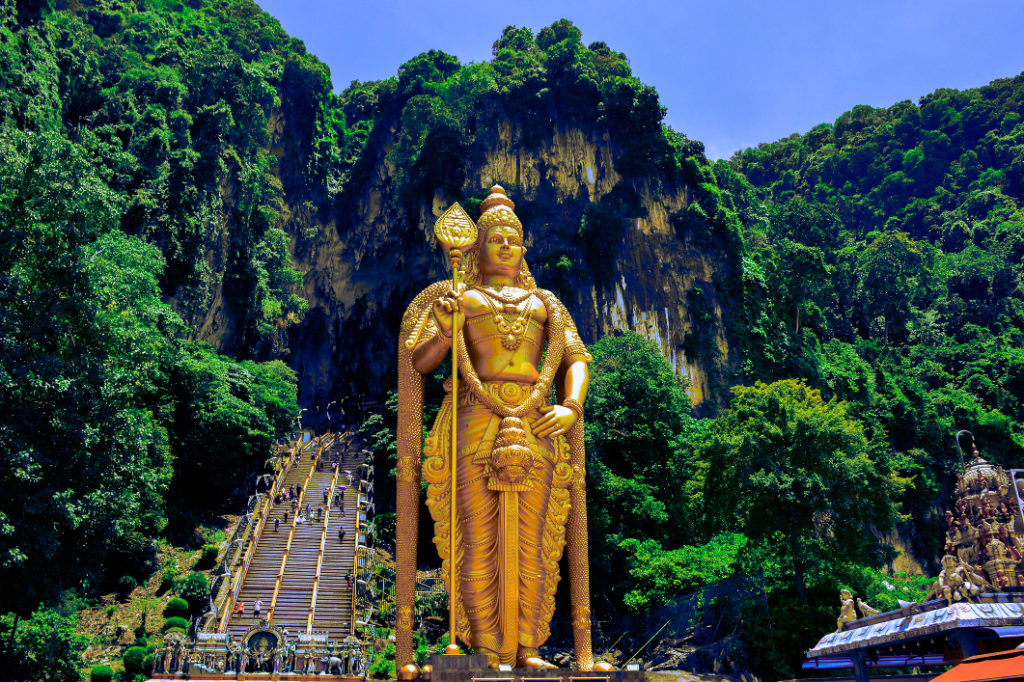Kuala Lumpur, with a population of about 1,768,000 is the capital and largest city of Malaysia. The city is the cultural, business and political center of Indonesia, and also home of the official residence of the Malaysian King, the Istana Negara. Globally relevant, Kuala Lumpur holds the status of alpha world city. Kuala Lumpur is among the fastest growing metropolitan regions in South-East Asia, in both population and economic development. Kuala Lumpur experiences moderate crime rates, including a high level of petty crime. As a visitor to the city, you should be aware of a handful of safety tips to ensure a smooth and enjoyable journey.
Threats and Risks to Travelers in Kuala Lumpur
The general crime rate in Kuala Lumpur is high. Although violent crimes are uncommon, petty crime poses a high risk. Pickpockets and thieves frequently operate in crowded public locations, such as popular tourism attractions and onboard public transportation. Take caution with your belongings when out in public. Purse snatching is unfortunately common, usually in the form of two thieves on a motorcycle making a drive-by approach on a victim. Muggings and other violent crime also cannot be ruled out, and have been known to occur in public even during daytime hours.
Traffic in Kuala Lumpur can be quite dangerous, as locals drive aggressively and disregard traffic laws. Drive defensively and be aware of your surroundings at all times.
Many scams are run in Kuala Lumpur. Typically, these take the form of confidence tricks, such as fake lottery tickets or invitations to play poker with locals. There have also been reports of “plain-clothed police officers” who will attempt to solicit money from you. Real police officers will always be able to produce proper ID and badges. Try to agree on taxi fares ahead of time based on advice from trusted locals, as taxis overcharging is a common trap.
Be aware that the threat of terrorism exists in Kuala Lumpur. ISIS-related attacks have occurred in the city as recently as 2016.
 Best Practices for Personal Security in Kuala Lumpur
Best Practices for Personal Security in Kuala Lumpur
Remain attentive at all times, as thieves can relieve you of your possessions very quickly. Be aware of personal space and exercise caution if you find people bumping into you haphazardly, as this is a common way pickpockets steal. Thieves can also work in pairs: some types of beggars can be insistent and distract you while another thief quietly pickpockets your person. Do not carry high amounts of cash on your person, and keep personal documents separate from your wallet to minimize the chance of loss. Avoid too much cellphone use in public, as this attracts thieves. If you are facing a robbery or mugging, do not attempt to use violence.
Whenever possible, stick to larger, well-lit roads and avoid side-alleys or isolated streets, especially after dark. At night, it is best to remain in areas with lots of people. If you can help it, avoid travelling alone. Downtown entertainment areas near bars and clubs tend to attract the most crime after dark, so exercise caution.
What to Do in an Emergency
In the event of an emergency, dial 999 for police or medical, and 994 for fire. Be advised that assistance in English is not guaranteed. Contact the representation of your country in Malaysia as they may be able to provide further assistance. Be aware the local police force is sometimes limited in its effectiveness in investigations.
Kuala Lumpur’s rapid development in recent decades has made the city a major point of interest in Southeast Asia. The world’s tallest twin buildings, the Petronas Twin Towers in Kuala Lumpur, has become an iconic symbol of the city’s futuristic development. The blend of rapid change experienced by the city and unique local culture makes Kuala Lumpur a worthwhile destination for any traveler.
To learn more about our mobile application and how it can help you during your travels, check out our product features here.





